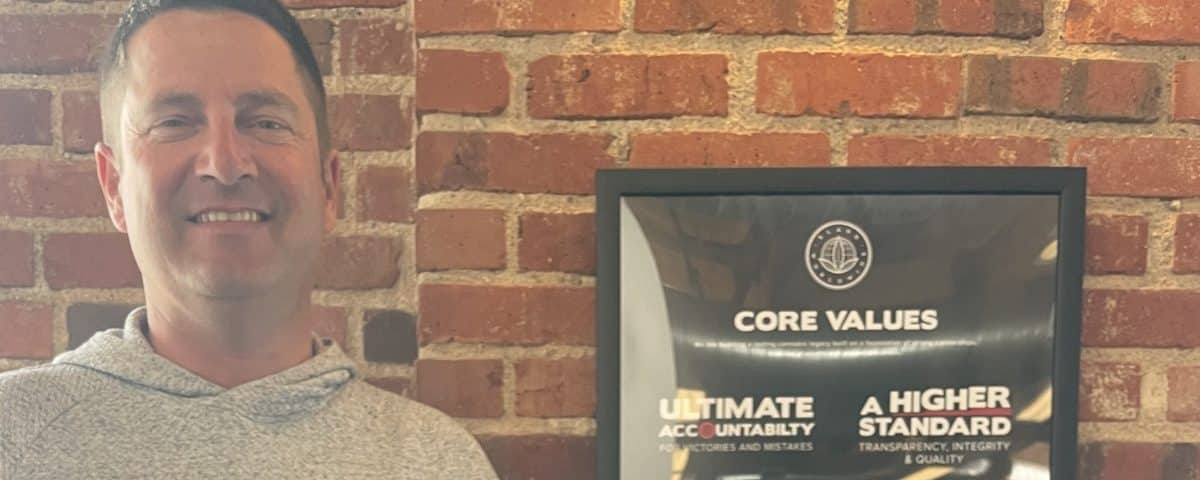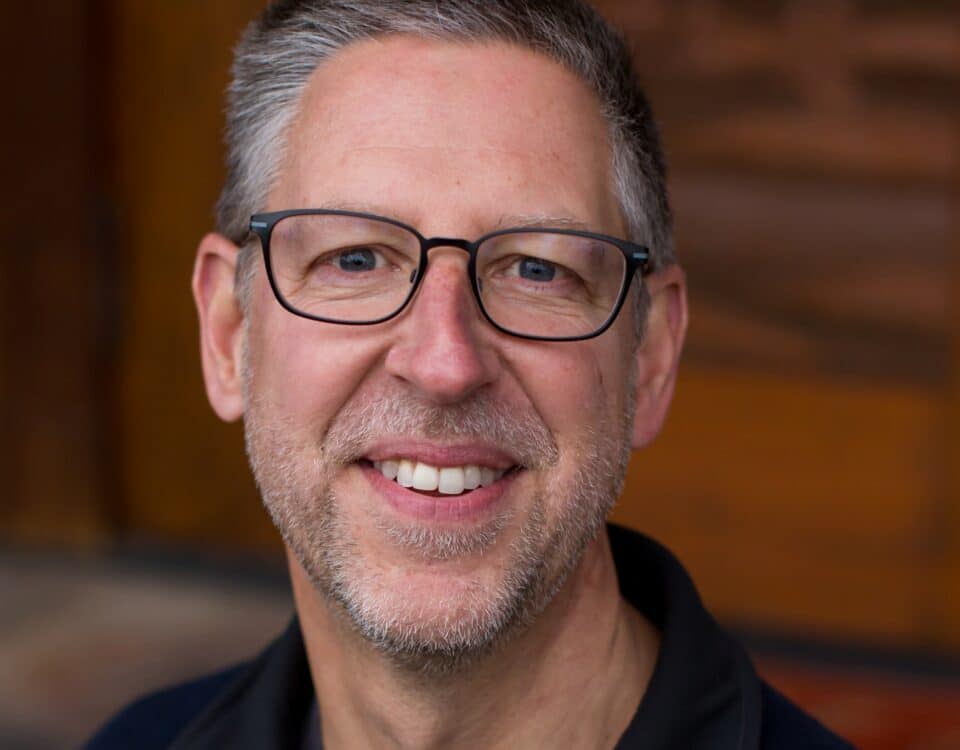
How getting organized helped one company grow from $3 million in revenue to nearly $11 million
April 16, 2021Why Bill And Melinda Gates’ divorce will probably be drama-free
May 6, 2021By Verne Harnish
When Chris Driessen joined the cannabis consumables company O.penVAPE as director of sales in 2014, the business was experiencing rapid growth. Slang Worldwide acquired O.penVAPE in 2019 and began to experience growing pains as the business rolled up a number of companies from 2019 to August 2020. It wasn’t entirely clear how its acquisitions fit together. Meanwhile, the company’s payroll had ballooned to the low eight figures and it was burning through cash. (Full disclosure: I am an investor in Slang.)
By late 2020, the company had reckoned with financial difficulties more than once and had to rethink how they were managing growth. Under the leadership of Driessen, who became CEO of Slang in August 2020, they used the Scaling Up platform to get their team focused on profits, which meant creating a strong strategy and lowering overhead.
Today, Slang Worldwide (US OTC: SLGWF) has grown to a market capitalization of $69.82 million as of this writing and has put itself on the path to profitability—a challenge in a heavily regulated industry where companies don’t have access to standard business tax deductions and are greatly limited in how they can use the banking system. The company is now doing business in 14 markets—12 states, along with Puerto Rico and Canada.
Here’s how they pulled it off.
Keeping payroll lean
A critical part of Slang’s strategy was getting the right people in the right seats on the bus—a complex task, given that the company had teams in Toronto, Denver, London, New York and Florida.
To get clear on exactly whom they needed on the team, Driessen and the leadership team completed the Function Accountability Chart (FACe) and Process Accountability Chart (PACe). Their goal, says Driessen, was to determine what needed to be done and which people were needed to complete each process. Once they had clarity, they had to take on two difficult tasks: rightsizing the workforce and temporary pay reductions. Unpleasant as they were, they were essential to the survival of the company. “We had to address the fact that payroll was not sustainable given the company’s performance at the time,” says Driessen.
Getting clear on strategy
One problem that blocked the company from becoming profitable was the lack of a clear strategy. The leadership team embraced Slang’s identity as a consumer-packaged-goods company that makes money through varied revenue streams. It also pulled out of several unprofitable markets and focused on the most profitable ones.
To support that focus they developed a clear mission statement: “We are building a lasting cannabis legacy built on a foundation of strong partnerships, branded products and proven processes.” They also drafted core values: Dig Deep, Inspired Evolution, A Higher Standard, Ultimate Accountability, Collaboration Is Key, and Win The Right Way. The ultimate goal was to stop losing money and start making it. “We are prioritizing profit,” says Driessen.
The company developed meeting rhythms to support the company’s mission and values. For instance, the leadership team meets once per week, department heads hold daily huddles and leaders hold one-on-ones every once a week.
Moving at warp speed
To make sure the team executes on the company’s goals successfully, the leadership team sets quarterly goals, built around the core values. Managers work with each team member to set individual “rocks” that support their team’s quarterly benchmarks and feed into the company’s bigger goals.
To keep everyone focused on achieving results, Driessen sends out weekly updates that include a snapshot of the company’s performance. In his updates, he recognizes employees who embody a core value, such as “Digging deep,” to set standards for the whole company. “We’ve got the strategy nailed,” says Driessen. “Now it’s time to focus on the details. Execution is everything.”
Keeping cash flowing
To strengthen the company’s cash position, Driessen and his team hunkered down to cut $8.5 million in costs. A big part of the savings came from reducing payroll and making sure its smaller team was operating efficiently. Driessen deepened his understanding of how to do so by attending our CEO Bootcamp last summer. “We’re getting so much more done in such a shorter amount of time with fewer people,” says Driessen.
By going public in 2019, the company ensured greater access to capital. That has been critical, given that the company is forced to adjust its approach to the regulations of each of its 14 markets and can’t operate as efficiently as it might in another industry.
Nonetheless, it can do business far more efficiently than it ever did before by using the Scaling Up platform—which Slang is integrating into every aspect of its operations. “We’re here to earn money, not spend it,” says Driessen.



